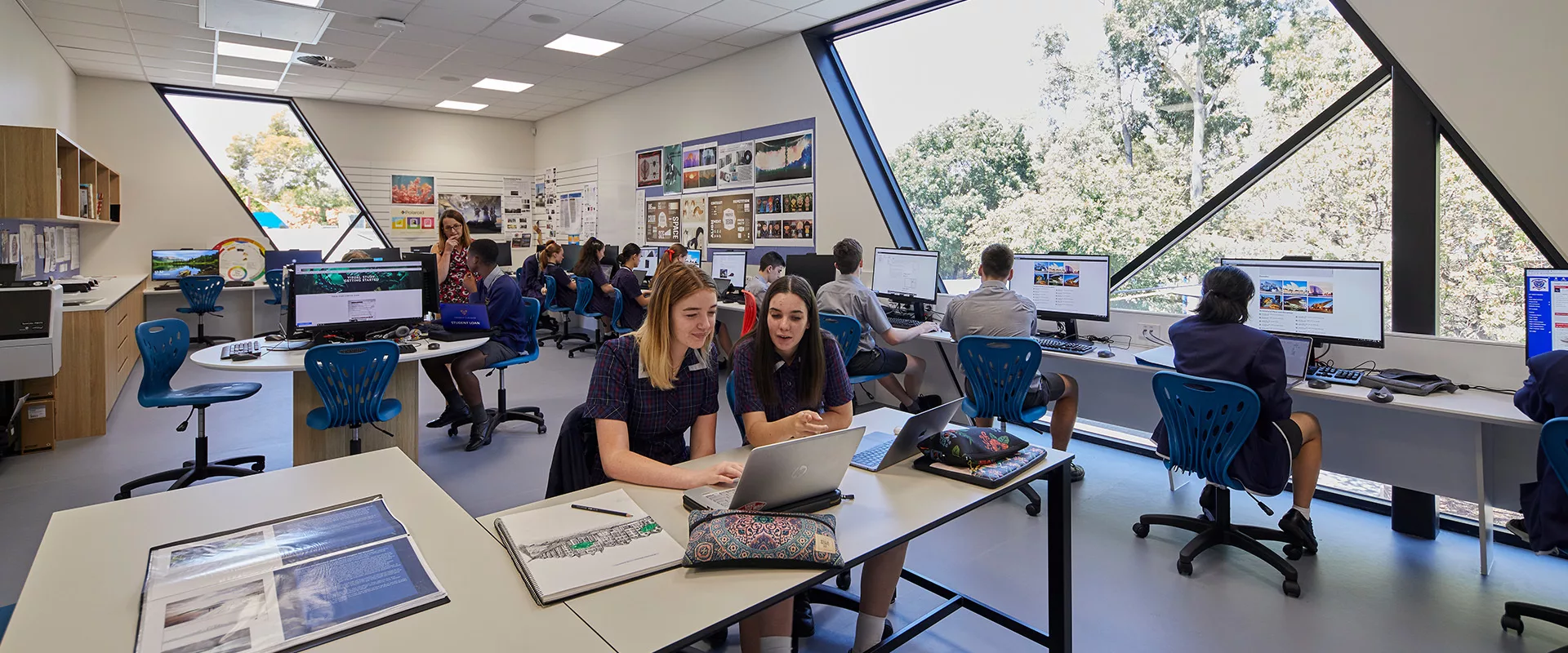Current Research

This work examines subject selection as a self-regulated learning (SRL) process, shaped by students’ evolving sense of identity, career aspirations, and the broader social structures that influence decision-making
The National Career Development Strategy (NCDS) emphasises that career decision-making is not just an academic exercise but a process of identity formation and long-term career adaptability. Students navigate subject choices within a network of influences, including school systems, teachers, peers, and parents. Drawing on Cultural-Historical Activity Theory (CHAT), Control-Value Theory (CVT), and the Theory of Planned Behaviour (TPB), this research explores how these factors interact to shape students’ sense of autonomy, decision-making confidence, and strength of alignment between subject selection and future career pathways. This research project proposes that when students perceive their subject choices as connected to a future that reflects their dispositions and career interests, they are more likely to engage in strategic planning, reflection, and sustained academic commitment.
This research contributes both conceptually and practically by reframing subject selection as a co-regulated process, shaped by social, cultural, and institutional structures. By integrating insights from the NCDS with established theories of motivation and decision-making, the study aims to provide a clearer understanding of how students construct future pathways. The findings will inform strategies for educators and policymakers seeking to create more effective support mechanisms for both students and their connections, ensuring that subject selection fosters autonomy, career adaptability, and meaningful engagement with future learning opportunities.


